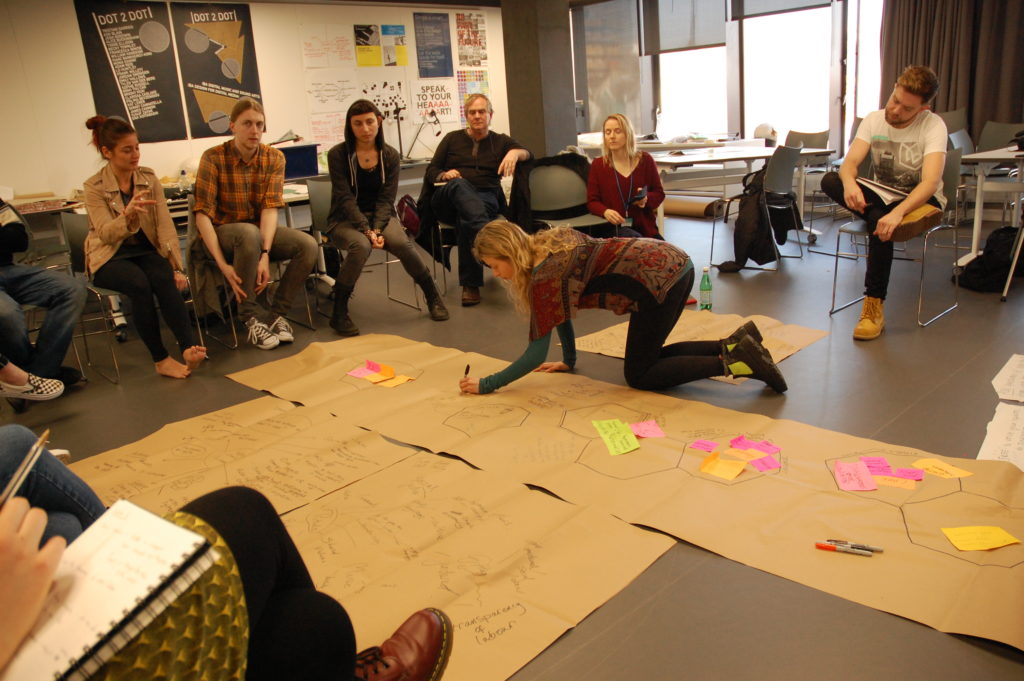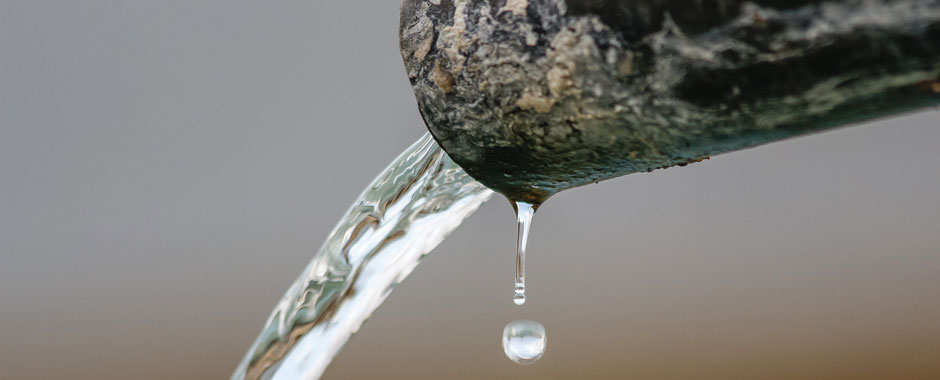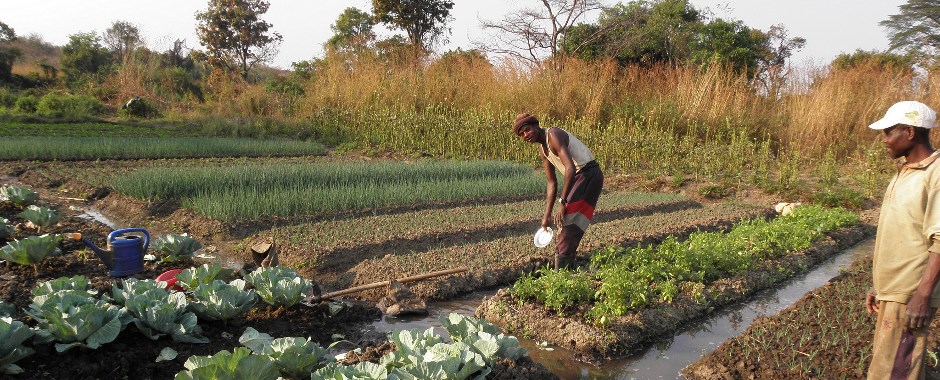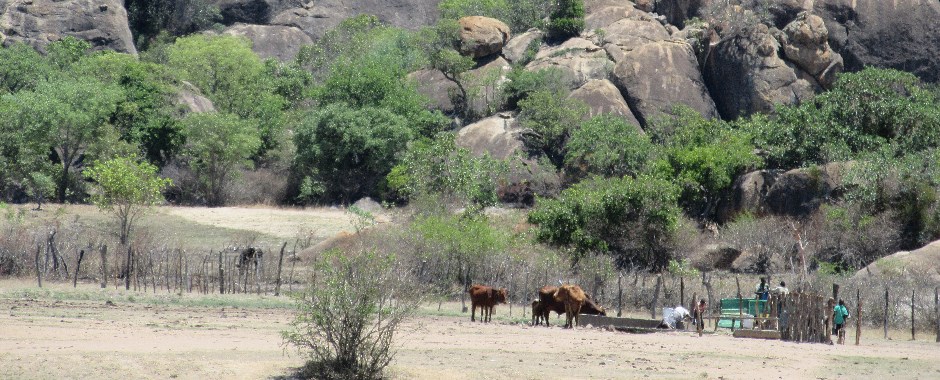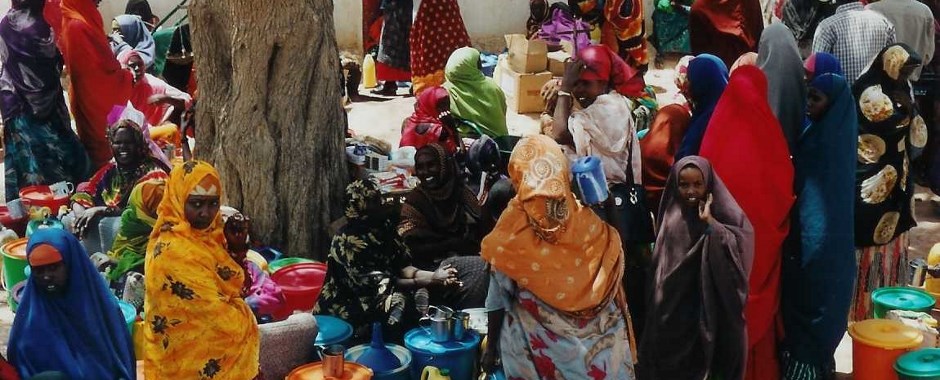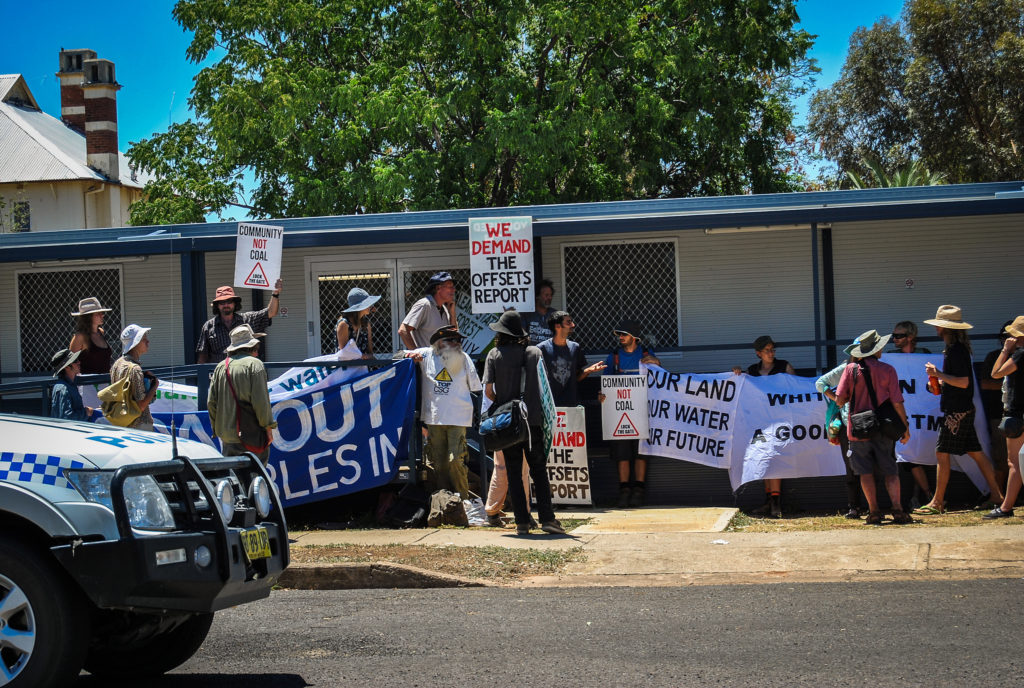Each week, the System Change Hive is exploring and experimenting with new solutions to societal and environmental problems, through creative arts practice. Artworks created will be exhibited in different locations around…
‘What if?’ Meeting, making, dreaming, doing
Water crisis’ disproportionate toll on women can no longer be ignored
STEPS member Lyla Mehta has written an article with Ria Basu for the Indian magazine Firstpost about the impacts of ‘water crisis’ on women. Often, access to water is about…
Irrigating Africa: can small-scale farmers lead the way?
by Ian Scoones, Felix Murimbarimba and Jacob Mahenehene We often hear that irrigation in Africa is too limited, and that the key to a “green revolution” on the continent is…
Five problems with ‘integrated assesment’ models, and what to do about them
What are the most appropriate ways of understanding changes in natural resource change in rural areas, particularly in the context of climate change? How can we make use of data…
Pastoralist milk is a viable commodity. What enables it to flourish?
Pastoralists’ integration into market dynamics is mostly addressed through the lens of trade in meat products, involving male traders. Pastoral milk, mostly traded by women, is often ignored. But good…
Could Kenya’s local flour mills be an early warning system for famine?
By Fred Ajwang, Relational Pathways project In the Relational Pathways project, we have been exploring how rural people relate to technology in their everyday lives. This has included fieldwork in…
Destruction-prone conservation policies: one pathway to sustainability?
By Niak Sian Koh (Stockholm Resilience Centre, Sweden) and Amos Ochieng (Department of Forestry, Biodiversity and Tourism, Makerere University, Uganda) In an attempt to address the crucial problem of biodiversity…
